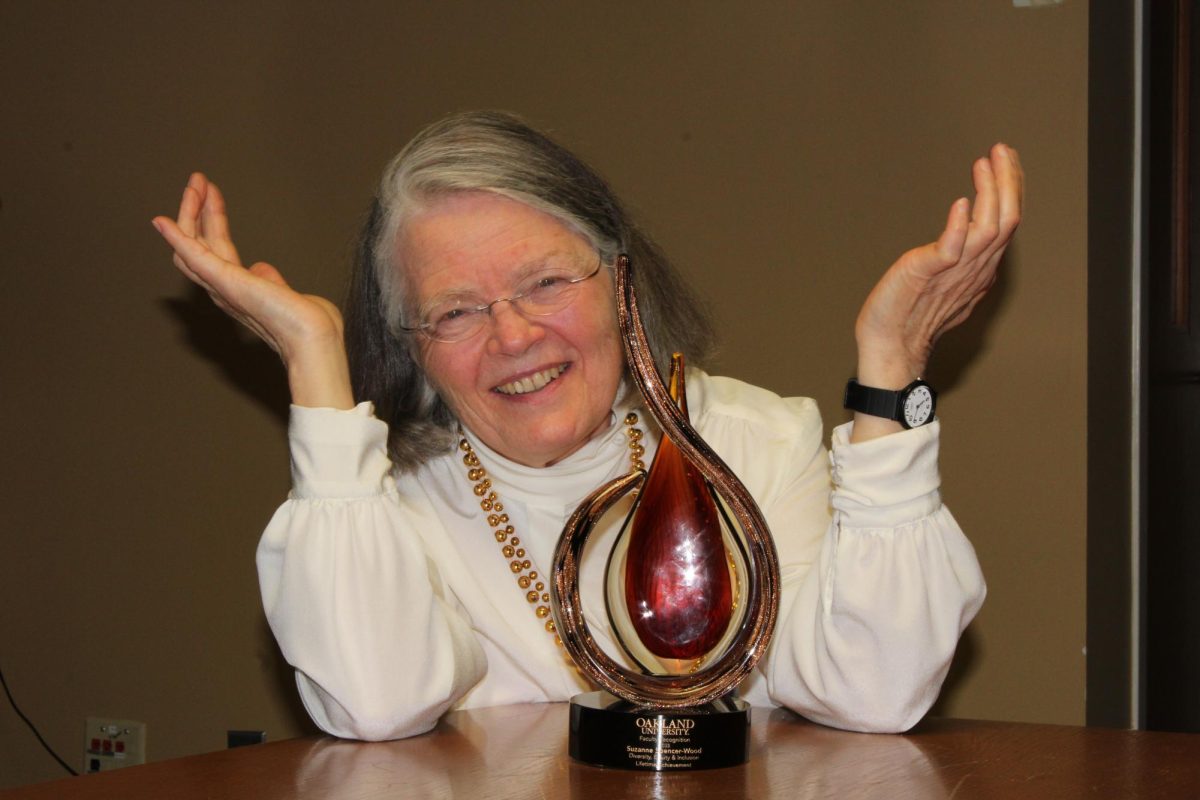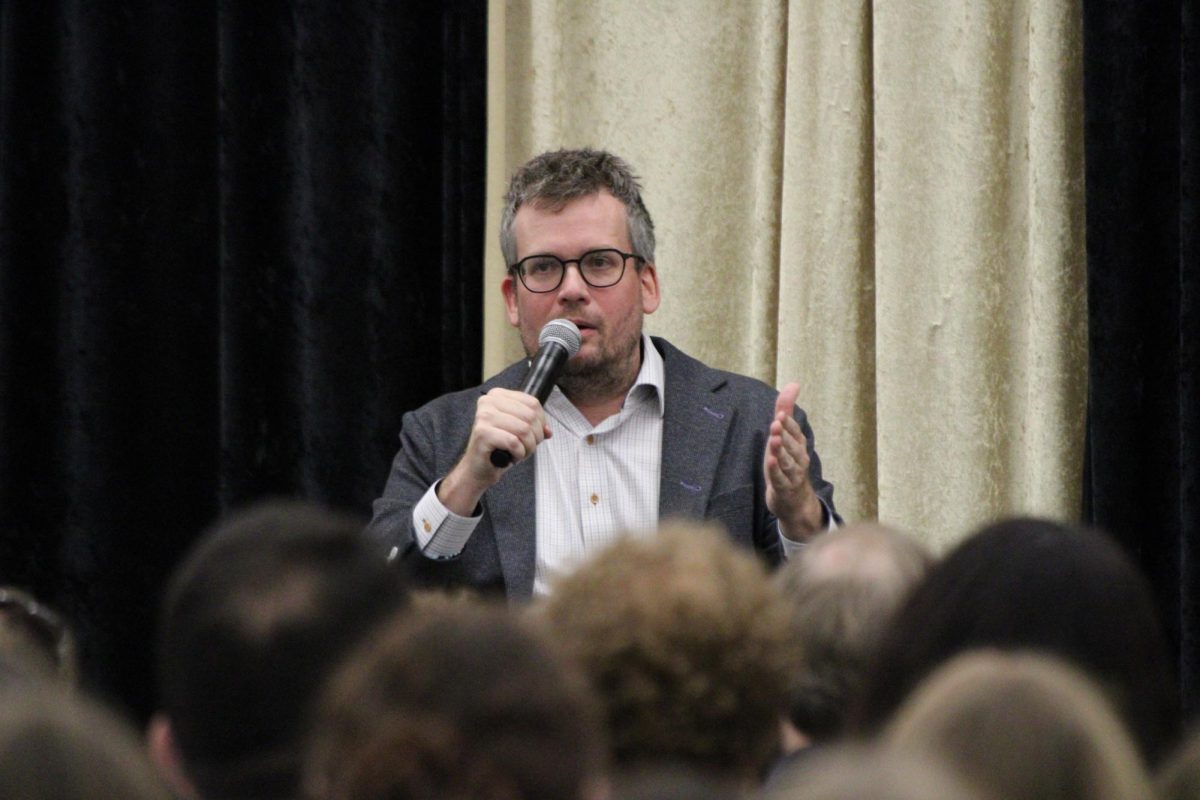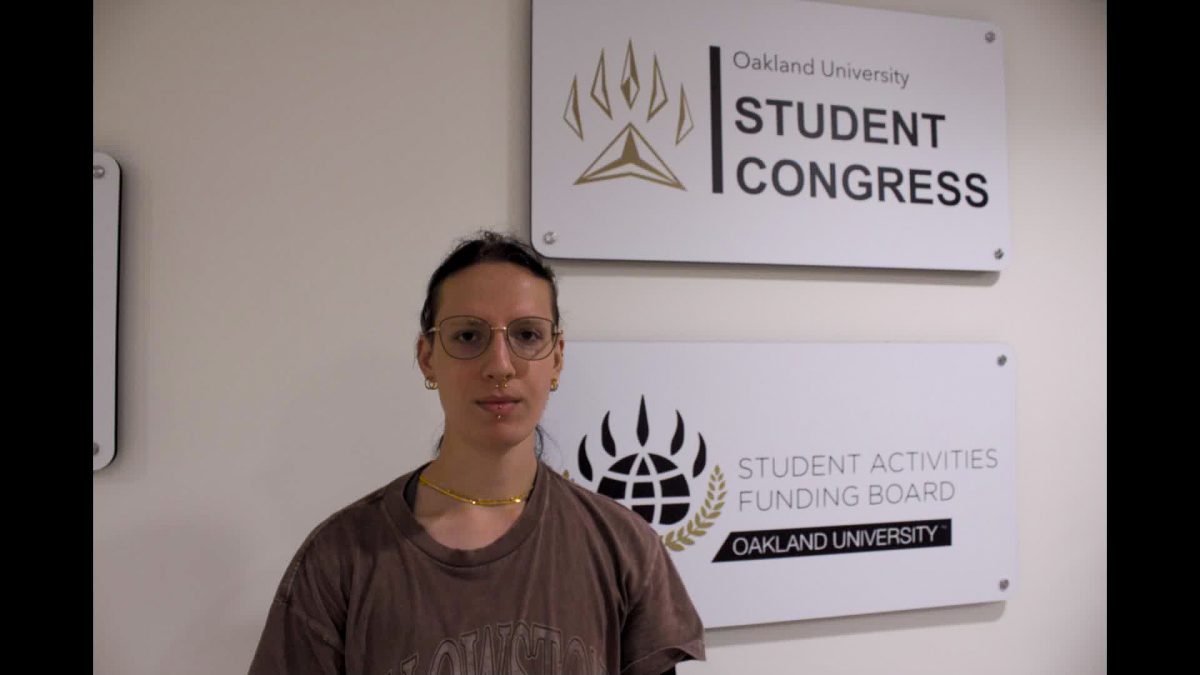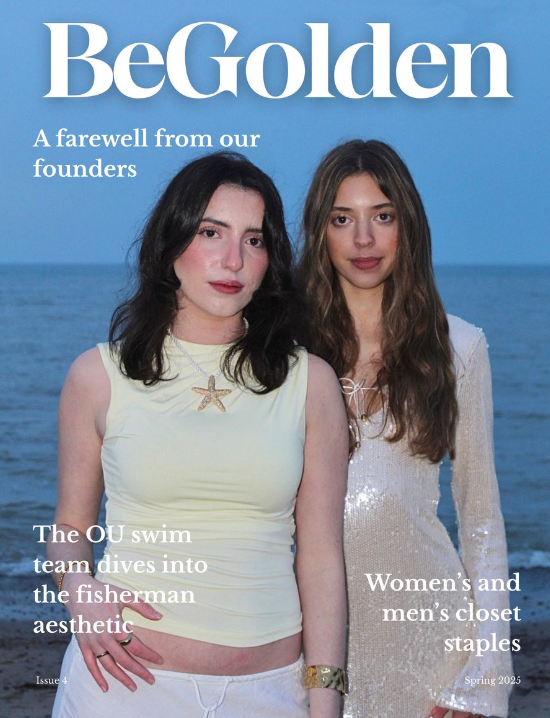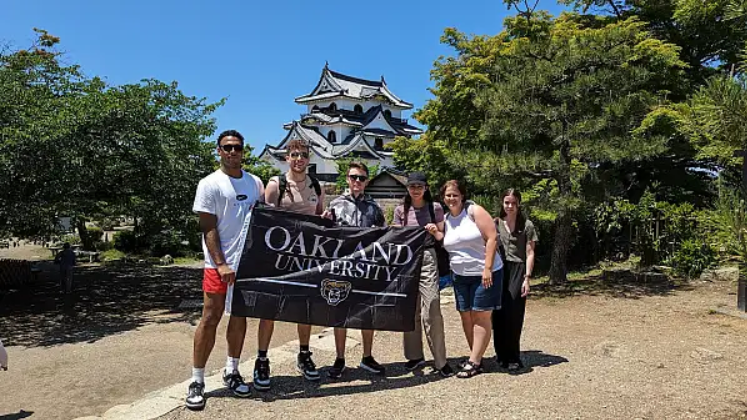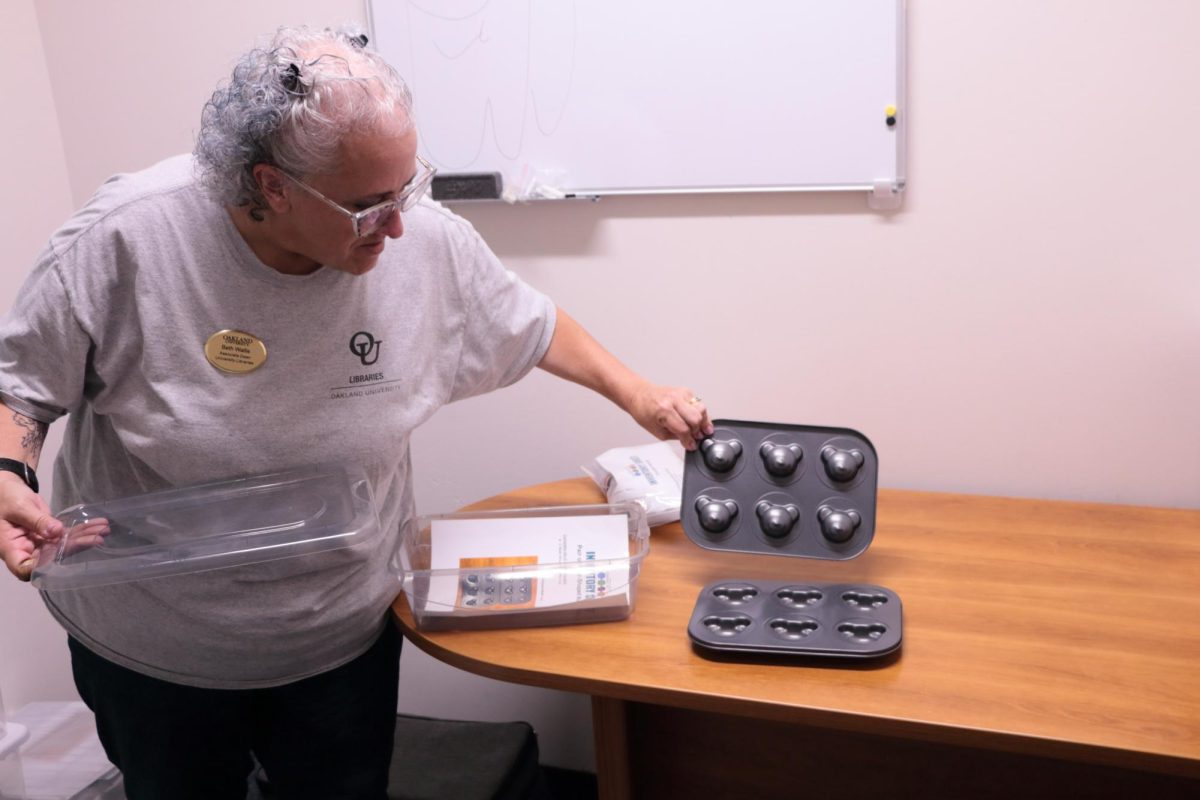A question about 19th-century ceramics can only turn into an hour-long explanation of the historical ideology of the sacredness of motherhood by the hand of Anthropology Professor, Suzanne Spencer-Wood. A former Research Associate of the Peabody Museum of Archaeology and Ethnology at Harvard, a symposium organizer since the ‘80s and a singer/songwriter, Spencer-Wood is best described as a feminist time machine.
From the cooperative housekeeping movement to clandestine suction abortion methods, the anthropology professor is an encyclopedia of feminist history, gender studies and obscure archeology. Thus, she added the 2025 Excellence in Teaching Online award to her collection of Oakland University awards as the Winter semester wrapped up, another yearly commemoration of her legacy.
“I first became interested in archaeology as a teenager living for a year in Italy and visiting many ancient ruins, medieval structures and museums, as well as Stonehenge,” Spencer-Wood said. “I was a feminist before I knew the word, envying the privileges of my father and brother without realizing age was a factor.”
Coming from a long legacy of educators, the anthropologist’s mother was a teacher and her father, a Professor of biochemistry. “My grandmother was an early school teacher,” Spencer-Wood said. “My great cousin, Rhoda, who’s even older, was one of the early female principals in the United States.”
In her lifetime, Spencer-Wood connected reformist history and paved the way for feminist historical archaeology, earning her B.A. from Mount Holyoke College in 1970 — founded by reformer Mary Lyon as the first elite women’s college — and became a trailblazer in the field of feminist historical archaeology.
“I wanted to do research about women, starting with my dissertation, but it was very hard to do back then, because the histories talked about class, sometimes race, but they were all degendered,” she said. “In 1989, I founded the field of feminist historical archaeology by organizing the first two international conference symposia on gender research in my field.”
As demonstrated in her latest publication, the book Mothering and Archaeology, her research reclaims the past while the fruits of her work inspire archeologists of the future, with the students she taught during COVID nominating her for her latest award.
“Professor Spencer-Wood has inspired me to minor in anthropology,” Hailey Wright, an anthropology student at OU, said. “I have never been one for the subject of history, but she makes me like learning about the past, and she makes it interesting. Not many professors can do that.”
Spencer-Wood’s most important lectures and current research topics revolve around feminist intersectionality theory in advocating for more women and minorities in historical markers in Detroit — the copper-green signs along trails and landmarks on the Mitten.
In 2023, the decades of gender studies research in anthropology also won her the OU Award for Lifetime Achievement in Research on Diversity, Equity and Inclusion, a recognition most important in today’s world, as Spencer-Wood highlighted.
“I’m very proud of it, yes, but now it feels revolutionary and dangerous, like the early years of the feminist movement,” Spencer-Wood said. “This means it is more important than ever for me to continue my leadership in DEI research in historical archaeology.”
With federal funding withdrawals, DEI under attack and heightened hostilities toward international students, Spencer-Wood explained her worries for the current state of DEI in academia.
“Threatening to withdraw the federal funding is a way they can pressure universities to do just about anything,” she said. “This whole business of generating the fear of immigrants and other groups and trying to suppress information about them and their history, it’s very dangerous.”
Drawing from her background in music and inspired by the reform women of past centuries, Spencer-Wood has maintained a critical eye on historic developments and yet pushes her students to face the same challenges head-on.
“There are lessons from ancient civilizations we still have not learned, you know, civilizations have fallen for things that we are continuing to do,” Spencer-Wood said. “Don’t take no for an answer, you know, if you think something needs to happen, you don’t take no for an answer. You just persist.”



